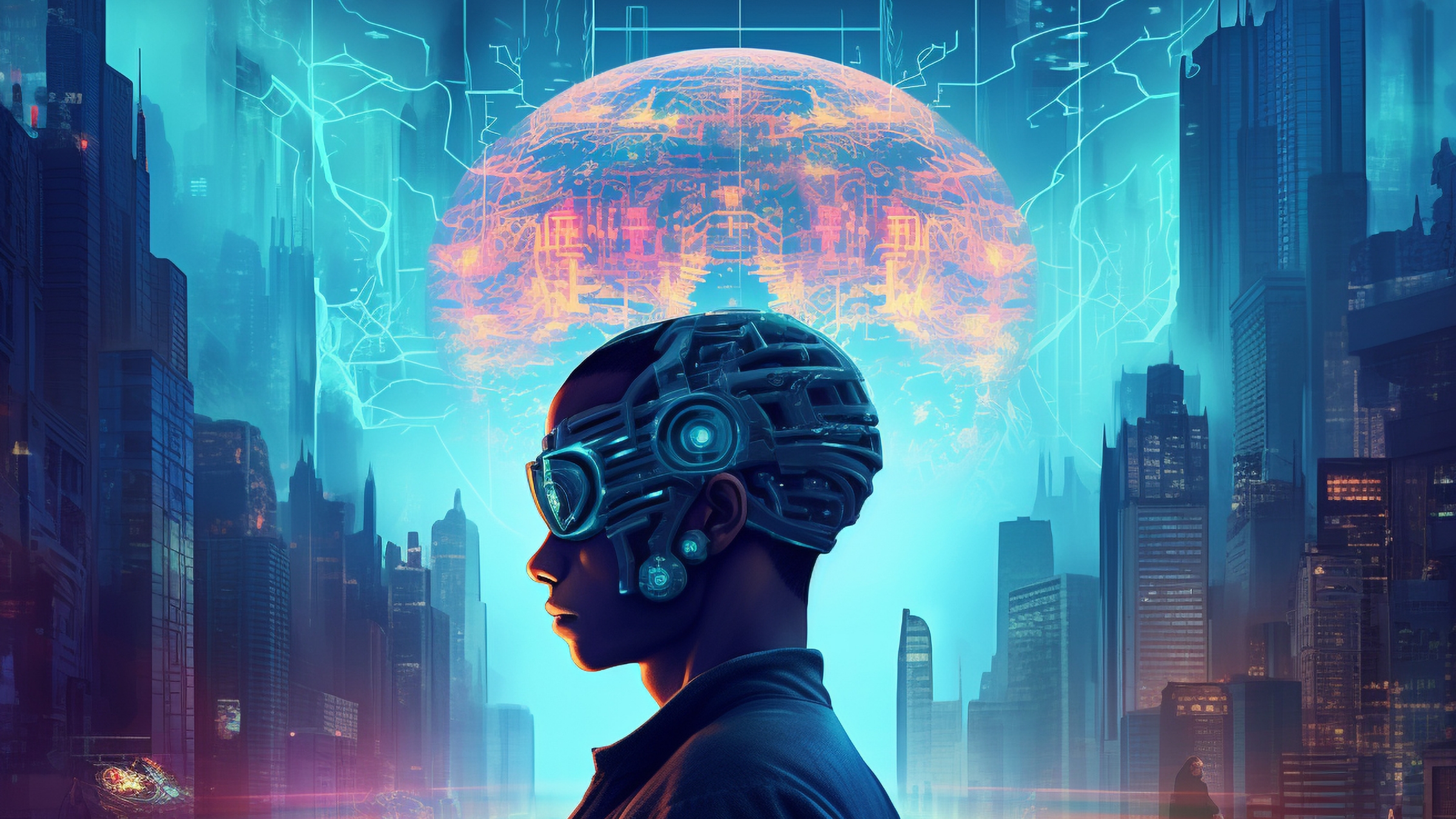
AI is becoming more dependent on human and emotional intelligence to deliver emotionally intelligent AI responses to users.
What was once a simple task, like labeling pictures or recording audio, is now an advanced ecosystem of software engineers, radiologists, and finance analysts. These experts now feed on human oversight in AI systems models with high quality, context aware data needed for tasks ranging from debugging code to analyzing medical reports.
The human-AI sophisticated collaboration isn’t just redefining jobs, it’s reshaping the very kind of data AI needs to learn. As models evolve beyond written based systems into more emotionally aware AI, the demand for tone, depth, and cultural awareness in datasets is transforming rapidly.
Challenged Challenges
The shift in AI EQ technology from natural language processing systems to multimodal systems has changed the data needs of organizations like Appen and Turing. These companies now require datasets that reflect cultural tone, logic, and deep emotionally intelligent AI technical knowledge.
“Data annotation has grown more complex with the rise of LLMs, leading to the emergence of specialised, higher-paying roles for domain-specific tasks,” said Quess IT Staffing CEO, Kapil Joshi.
Appen CEO, Ryan Kolln, said that “as models evolve, data demands will shift — certain types of data may require lower volumes but others will rapidly expand.”
Meanwhile, startups like Macgence and Indika AI are riding this wave by tailoring data infrastructure for AI/ML models that capture linguistic, regional, and domain-specific intricacies.
Meta’s newest $14.3 billion investment in Scale AI once again proves that high quality data is a strategic priority. A multibillion-dollar journey for better quality sets is underway with OpenAI, Google, and Microsoft leading the breakup with Scale.
Smarter AI Needs Smarter Humans
As technologies of empathic AI evolve the boundaries of cognition, they become more dependent on human intelligence. Are humans getting smarter too or just making better trainers for a smarter and more empathetic chatbot?
There’s a fine line between empowering individuals with opportunity and reducing them to algorithmic work. Even though a physicist somewhere in the world may help fine tune an AI to detect cancer, that contribution often goes unrecognized, hidden beneath layers of corporate IP and automation.
Still, some argue that this AI emotional intelligence development ecosystem is widening access to knowledge and a million opportunities.
Although, the answer may lie in what humans do with the skills gained from working with AI with emotional intelligence whether they apply them to invent, disrupt, and question, or simply adapt to feed a growing machine.
As AI models demand not just more data but smarter data, it’s clear that the next step isn’t just AI but it’s how human intelligence in all of its forms evolves emotionally intelligent AI.
Inside Telecom provides you with an extensive list of content covering all aspects of the tech industry. Keep an eye on our Intelligent Tech sections to stay informed and up-to-date with our daily articles.